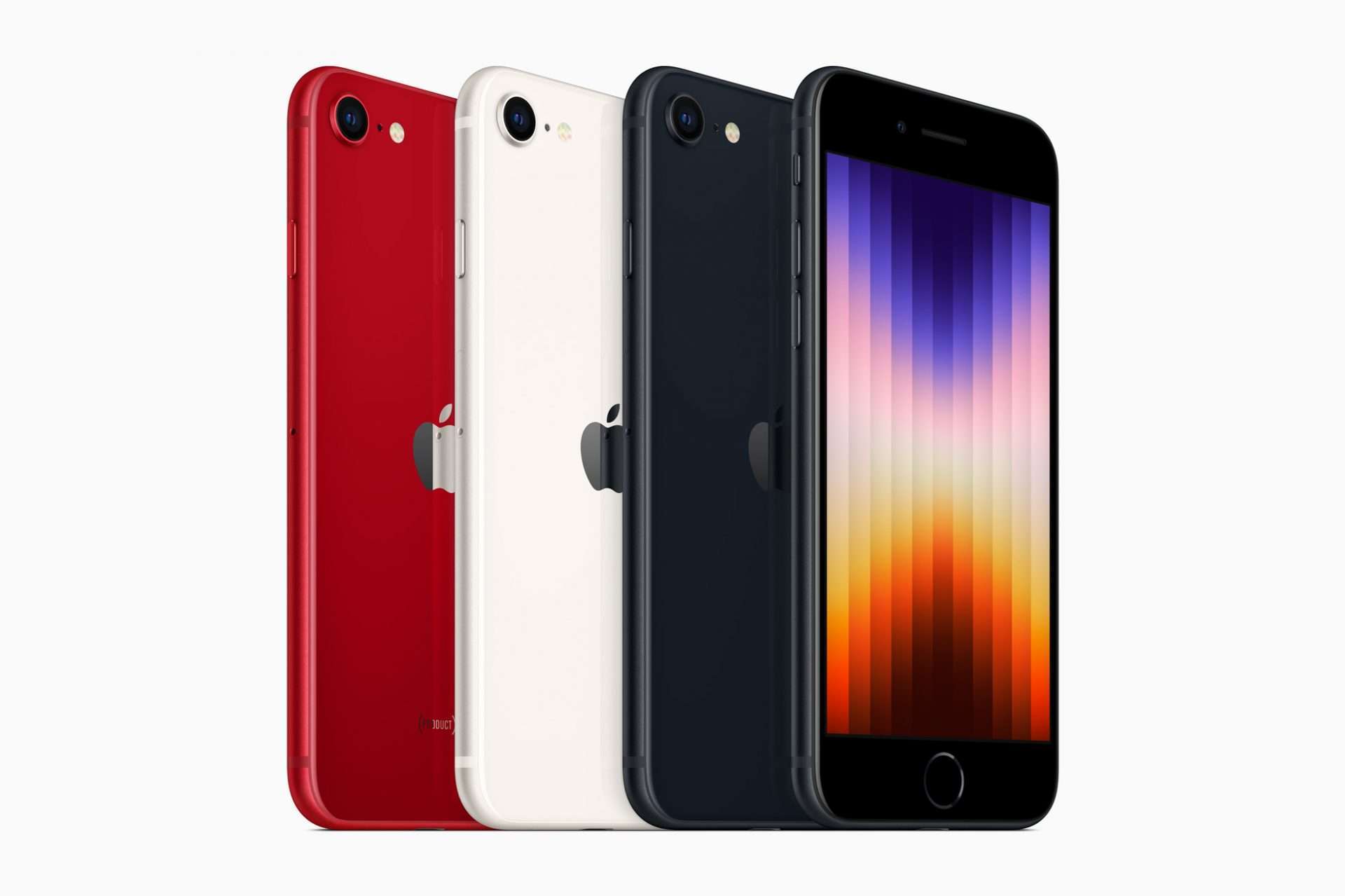Last year (that’s 2022, for those still struggling with the transition to the futuristic sounding 2023), the analyst Ming-Chi Kuo concluded that Apple would postpone or cancel the next version of its cheap(er) and cheerful(ish) iPhone SE.
Now Kuo has returned with the news that it’s a full cancellation, rather than a postponement. The analyst’s supply chain sources say Apple has abandoned the 2024 handset entirely. As outlined previously, that’s apparently down to the added cost of making it more like the iPhone XR (Face ID and all) and less like the ‘retro’ handset we’ve grown accustomed to.
While this is bad news for those who like cheap(ish) phones, iOS and competition, it’s good news for one significantly smaller subset of people: those with shares in the chip maker Qualcomm.
It may seem weird, given Apple and Qualcomm last came to legal blows as recently as last year (again, 2022), but the iPhone maker is still reliant on the chip maker for its 5G connectivity. Buy an iPhone 14 today, take it apart and you’ll find a Qualcomm chip inside — though for warranty reasons, you’re better off just taking my word for it.
Apple would understandably prefer this not to be the case, and has been working on its own 5G chip, which it was planning on debuting in the iPhone SE. That makes sense, because if Apple’s chip is a dud, nobody can really complain about weaker 5G performance in a cheaper handset.
And Kuo reckons there’s every chance performance could be below standard, at least at first.
“Due to concerns that the performance of the in-house baseband chip may not be up to par with Qualcomm’s, Apple initially planned to launch its baseband chip in 2024 and let the low-end iPhone SE 4 adopt it first, and decide whether to let the iPhone 16 use its baseband chip depending on the development status of iPhone SE 4,” he wrote.
Without an iPhone SE to test its new 5G chip in, Apple will have to be completely sure that its own 5G modem won’t be a step backwards, and that means it’ll likely be delayed a bit. It was already assumed that Apple would stick with Qualcomm for the iPhone 15’s 5G chip, but now the odds of it persisting for the iPhone 16 have “significantly increased”.
That’s one reason Apple may regret abandoning the iPhone SE. Another is the whole imminent global recession thing, and the reasonably high chance that people will be looking for cheaper electronics in 2024 if costs continue to spiral. But hey: nobody ever went broke betting on Apple being able to sell products at eyebrow-raising prices.

